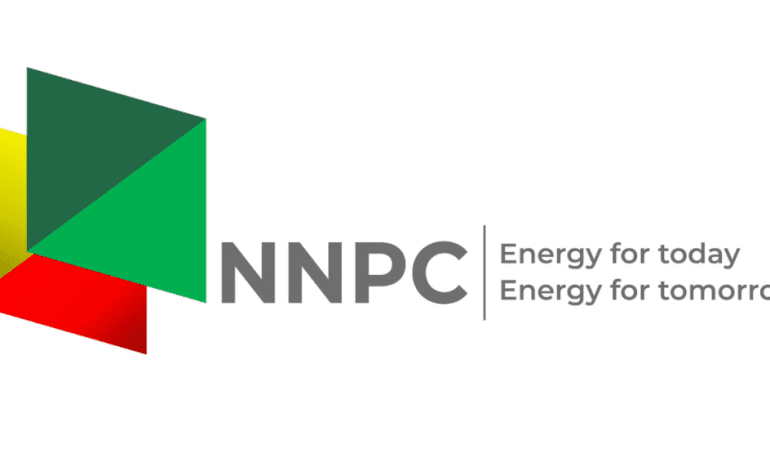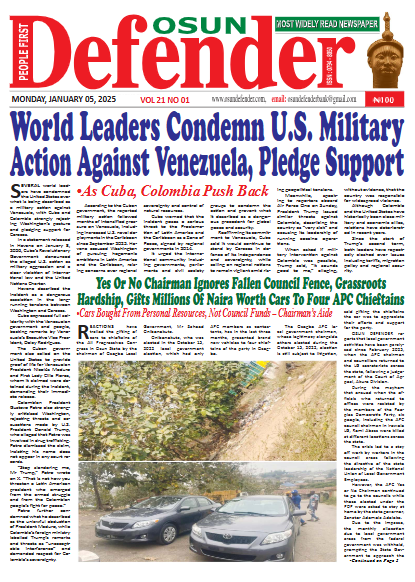NNPC’s Subsidy Bill Surges To ₦4 Trillion In Eight Months

The Nigerian National Petroleum Corporation (NNPC) has faced a staggering increase in its subsidy bill, with the total cost surpassing ₦4 trillion between August 2023 and April 2024.
According to data obtained from official documents by TheCable, the subsidy bill, which began at ₦52.73 billion in August 2023, escalated sharply to ₦833.68 billion by April 2024.
The data highlights the monthly rise in subsidy costs: In August 2023, the subsidy bill stood at ₦52.73 billion, and September 2023 saw a slight increase in the subsidy cost, reaching ₦57.59 billion. By October 2023, the subsidy expenses had surged to ₦212.28 billion.
The situation worsened in November 2023, with the subsidy bill skyrocketing to ₦665.60 billion. Although the subsidy cost was slightly reduced in December 2023, it still remained high at ₦537.66 billion. January 2024 witnessed another significant rise, with the subsidy bill climbing to ₦693.67 billion.
READ: Tinubu Grants NNPC’s Request To Pay Subsidy
In February 2024, the subsidy expenses amounted to ₦592.09 billion. The cost slightly decreased in March 2024 but remained substantial at ₦497.39 billion.
Finally, in April 2024, the subsidy bill reached its highest point over the period, hitting ₦833.68 billion.
This sharp increase, particularly from October 2023 onwards, has placed a significant financial burden on the NNPC. The continuous surge in subsidy payments reflects the growing financial challenges in maintaining the nation’s fuel subsidy program. The implications of this upward trend are likely to impact both the economy and fuel pricing strategies in the coming months.
The alarming rise in the subsidy bill underscores the urgency of addressing the sustainability of the subsidy regime, as NNPC’s financial stability is increasingly strained by these escalating costs.

Sodiq Lawal is a passionate and dedicated journalist with a knack for uncovering captivating stories in the bustling metropolis of Osun State and Nigeria at large. He has a versatile reporting style, covering a wide range of topics, from politics , campus, and social issues to arts and culture, seeking impact in all facets of the society.









